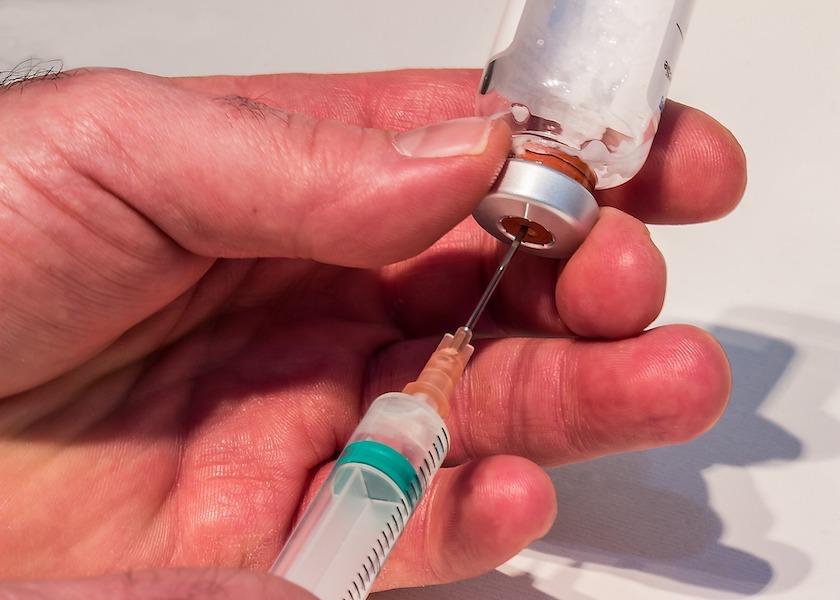WOAH Releases Statement on Use of Antimicrobials as Growth Promoters

Antimicrobial resistance is not a new concern, but it's a concern that continues to grow, reports the World Organisation for Animal Health (WOAH). It threatens the health of humans, animals, plants and the environment. When antimicrobials are misused or overused across sectors, it creates conditions for this phenomenon to emerge, WOAH said in a release.
Recently, the international community has made important commitments to address this global health threat. One of these commitments is to phase out the use of antimicrobials to promote growth in healthy animals.
"It is time to move from commitment to action," WOAH said in a release. "While the majority of WOAH members have taken strong action in recent years to reduce their use in animals, further efforts are needed as these drugs are still being inappropriately used as growth promoters in some countries."
In 2016, all WOAH members committed to definitively ban the use of highest priority antimicrobials for humans, and to phase out the use of antimicrobials in animals for growth promotion purposes in the absence of a risk analysis.
How has this commitment been put into practice?
- Almost 20% of members still report using antimicrobials for growth promotion. Of these, it is estimated that 76% have not carried out any preliminary risk analysis.
- No less than 11% of WOAH members still use as growth promoters at least one of the highest priority critically important antimicrobials for human medicine such as colistin.
- At least 50% of the members using antimicrobials as growth promoters have no regulatory framework in place.
- In some countries, the labeling of certain feed additives intended to increase productivity does not mention the presence of low doses of antimicrobials, which are then unknowingly administered to animals by veterinarians and farmers.
"WOAH standards make a clear distinction between veterinary medical use of antimicrobials – which is limited to the treatment, control and, where appropriate, prevention of infectious diseases – and non-veterinary medical use," the organization said in a release. "The administration of antimicrobials for growth promotion in animals is a non-veterinary medical use, and it must not be assimilated to disease prevention use, which requires animals to be at proven risk of disease if the medicine is not administered."
WOAH urges the use of antimicrobials solely to veterinary medical use and to actively engage in dialogue with the concerned parties to achieve a total ban on the use of antimicrobials as growth promoters, starting with those that are critically important for human health.
"The misuse of antimicrobials in different sectors accelerates antimicrobial resistance. The animal health sector must play its part in curbing this global scourge that threatens animal, human and plant health and adopt sustainable practices," WOAH said.







